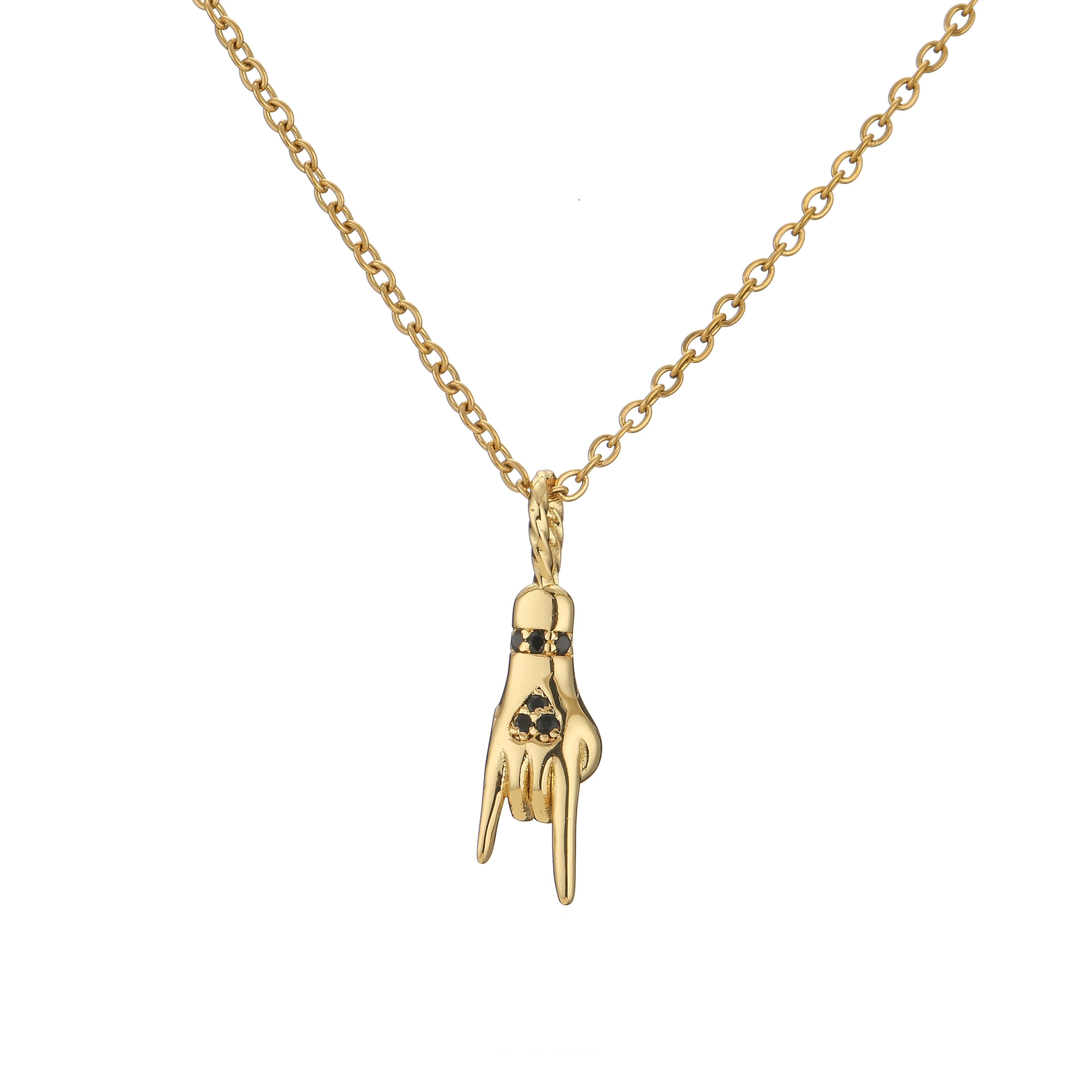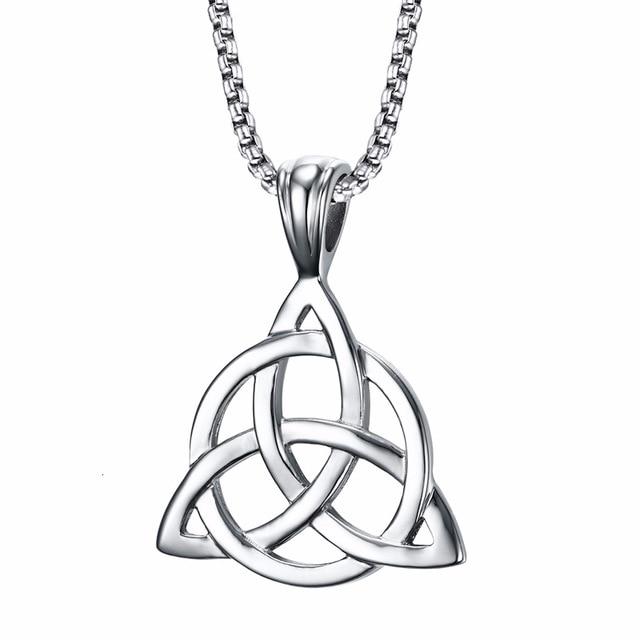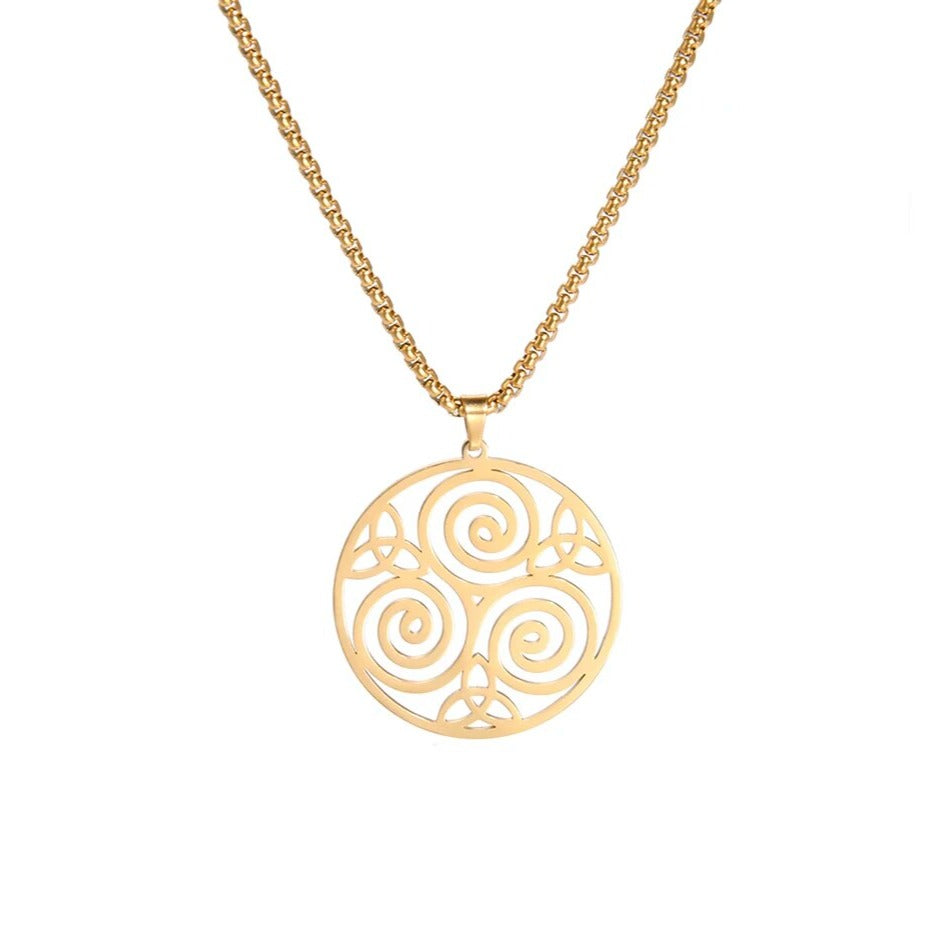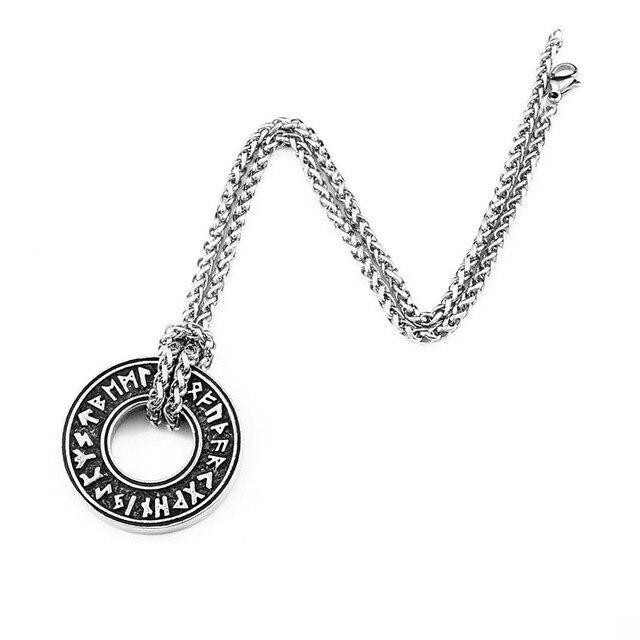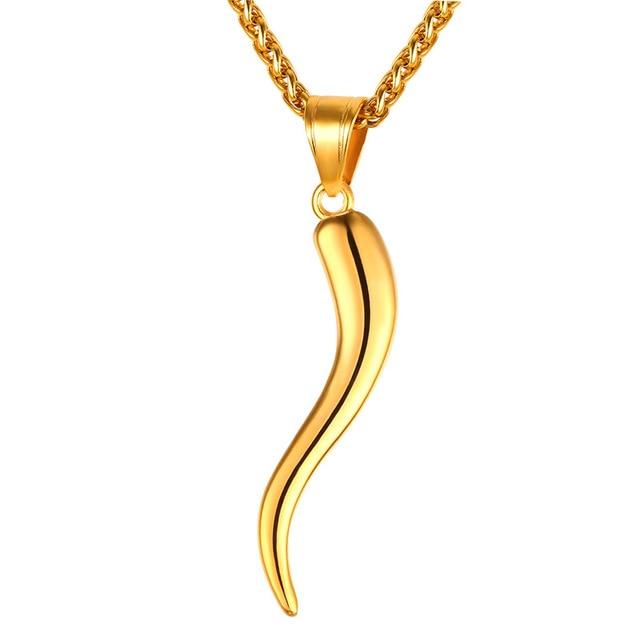The pagan lucky charm: the origins of Europe
The term "pagan" comes from the Latin word "paganus", which was used in the late Roman Empire to identify those who practiced a religion other than Christianity, Judaism, or Roman polytheism. Early Christians often used this term to refer to those who worshiped multiple deities.
Paganism includes a wide variety of traditions that emphasize respect for nature and a revival of ancient polytheistic and animist religious practices. All of...
See more
Voir plus
The pagan lucky charm: the origins of Europe
The term "pagan" comes from the Latin word "paganus", which was used in the late Roman Empire to identify those who practiced a religion other than Christianity, Judaism, or Roman polytheism. Early Christians often used this term to refer to those who worshiped multiple deities.
Paganism includes a wide variety of traditions that emphasize respect for nature and a revival of ancient polytheistic and animist religious practices. All of this is perfectly illustrated through the pagan good luck charm.
In reality, paganism is both ancient and very modern. It includes symbols dating back several tens of thousands of years as well as pagan lucky charms that appeared up until the 20th century. Whatever the case, there are generally two elements which define paganism: on the one hand a cult paid to nature and the world, on the other hand a belief in multiple spirits or deities. These two characteristics are perfectly included in the pagan lucky charm.
Simply curious or in love with European roots, you have found the right place to satisfy your curiosity.



